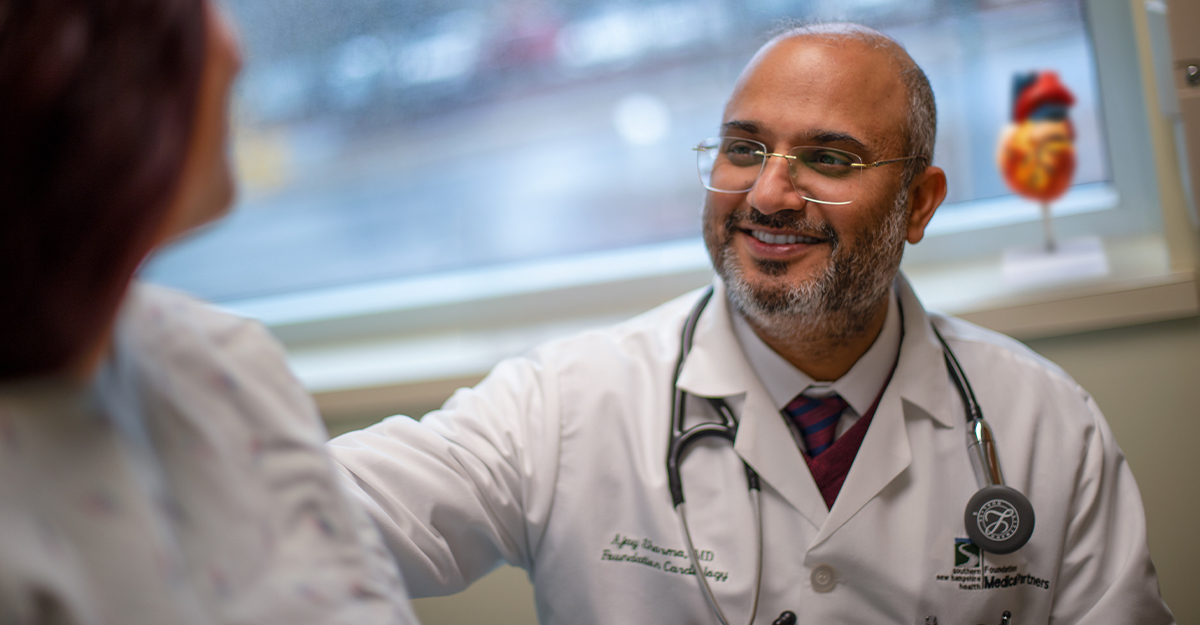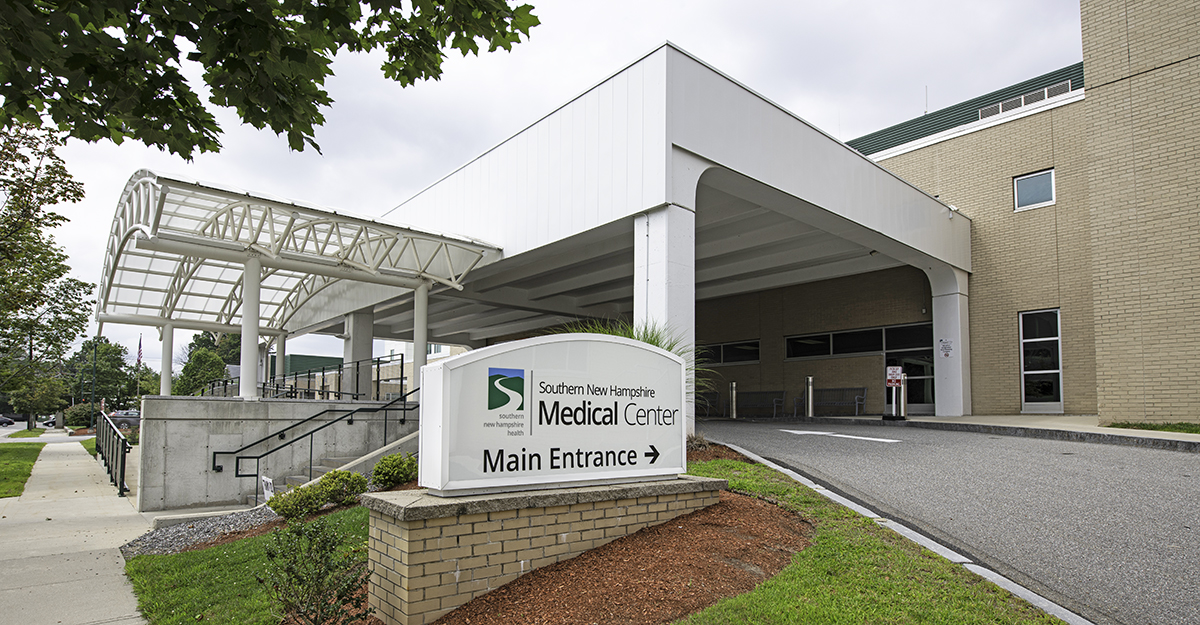Doctors may suspect heart disease based on your symptoms, medical or family history, or risk factors. We offer a number of diagnostic tests through Foundation Cardiology.
Diagnostic tests include:
Cardiac Catheterization: A diagnostic heart test to find out how well the heart works, and if any of the arteries feeding the heart muscle (coronary arteries) are blocked.
Computed Tomography Angiography (CTA): An imaging test that uses X-rays, computer technology and injected dye to take pictures of blood vessels.
Dobutamine Stress Echocardiogram (DEC): A test to look at heart structure, and to see how the heart works under stress.
Echocardiogram: A test that uses harmless sound waves to make two-dimensional images of the heart and its internal structure.
Electrophysiology: A procedure to study the heart’s electrical system, to test for arrhythmia.
Exercise Myoview (EMYOVIEW): A treadmill exercise test that combines exercise with nuclear imaging to check blood flow to the heart muscle.
Exercise Stress Echocardiogram: A test that combines an ultrasound study of the heart, with an exercise stress test, to see how the heart muscle responds to stress.
Exercise Tolerance Test (ETT): A test that lets doctors check whether there is enough blood supply to the heart during different levels of exercise.
Implantable Loop Recorder: This device monitors heart rhythm. It can help determine the cause of fainting spells and whether you may need a pacemaker.
Nuclear Stress Test: A test that uses nuclear imaging to check blood flow to the heart muscle, or identify blockages in coronary arteries.
Transesophageal Echocardiogram (TEE): A test that sends harmless sound waves to the heart through a small scope placed down the throat to create a picture of the heart.


